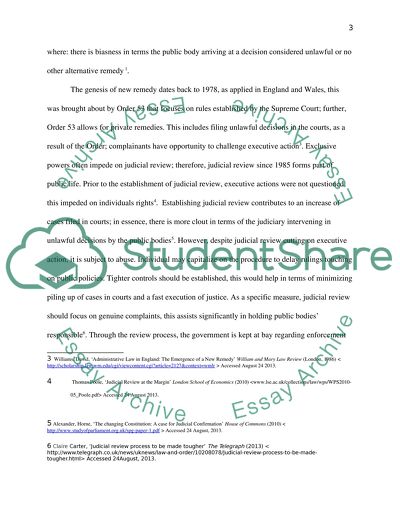Cite this document
(“Admin law and Human rights Essay Example | Topics and Well Written Essays - 2000 words”, n.d.)
Admin law and Human rights Essay Example | Topics and Well Written Essays - 2000 words. Retrieved from https://studentshare.org/law/1484726-admin-law-and-human-rights
Admin law and Human rights Essay Example | Topics and Well Written Essays - 2000 words. Retrieved from https://studentshare.org/law/1484726-admin-law-and-human-rights
(Admin Law and Human Rights Essay Example | Topics and Well Written Essays - 2000 Words)
Admin Law and Human Rights Essay Example | Topics and Well Written Essays - 2000 Words. https://studentshare.org/law/1484726-admin-law-and-human-rights.
Admin Law and Human Rights Essay Example | Topics and Well Written Essays - 2000 Words. https://studentshare.org/law/1484726-admin-law-and-human-rights.
“Admin Law and Human Rights Essay Example | Topics and Well Written Essays - 2000 Words”, n.d. https://studentshare.org/law/1484726-admin-law-and-human-rights.


